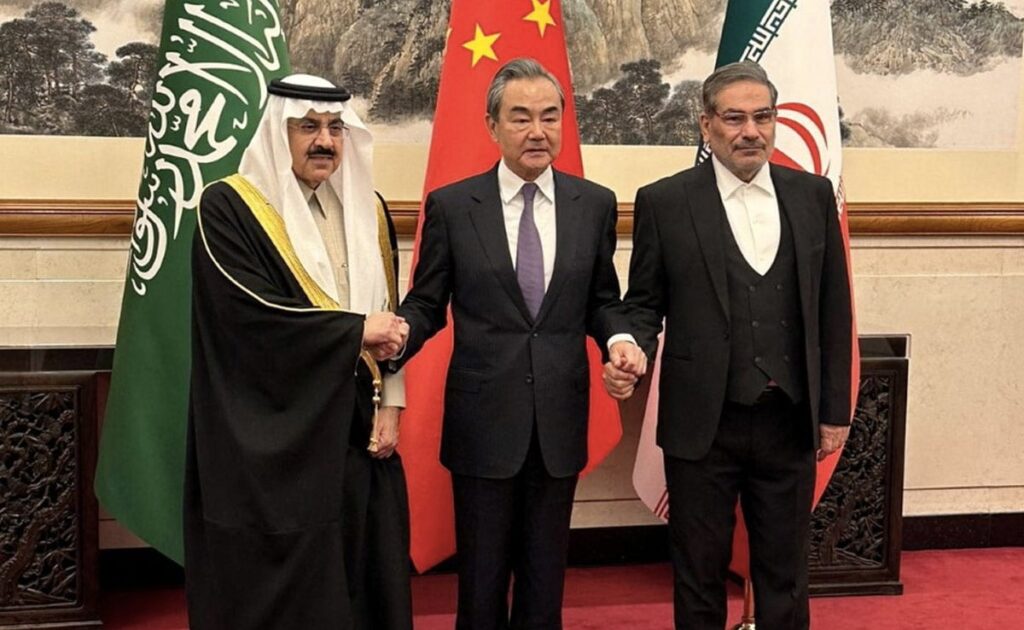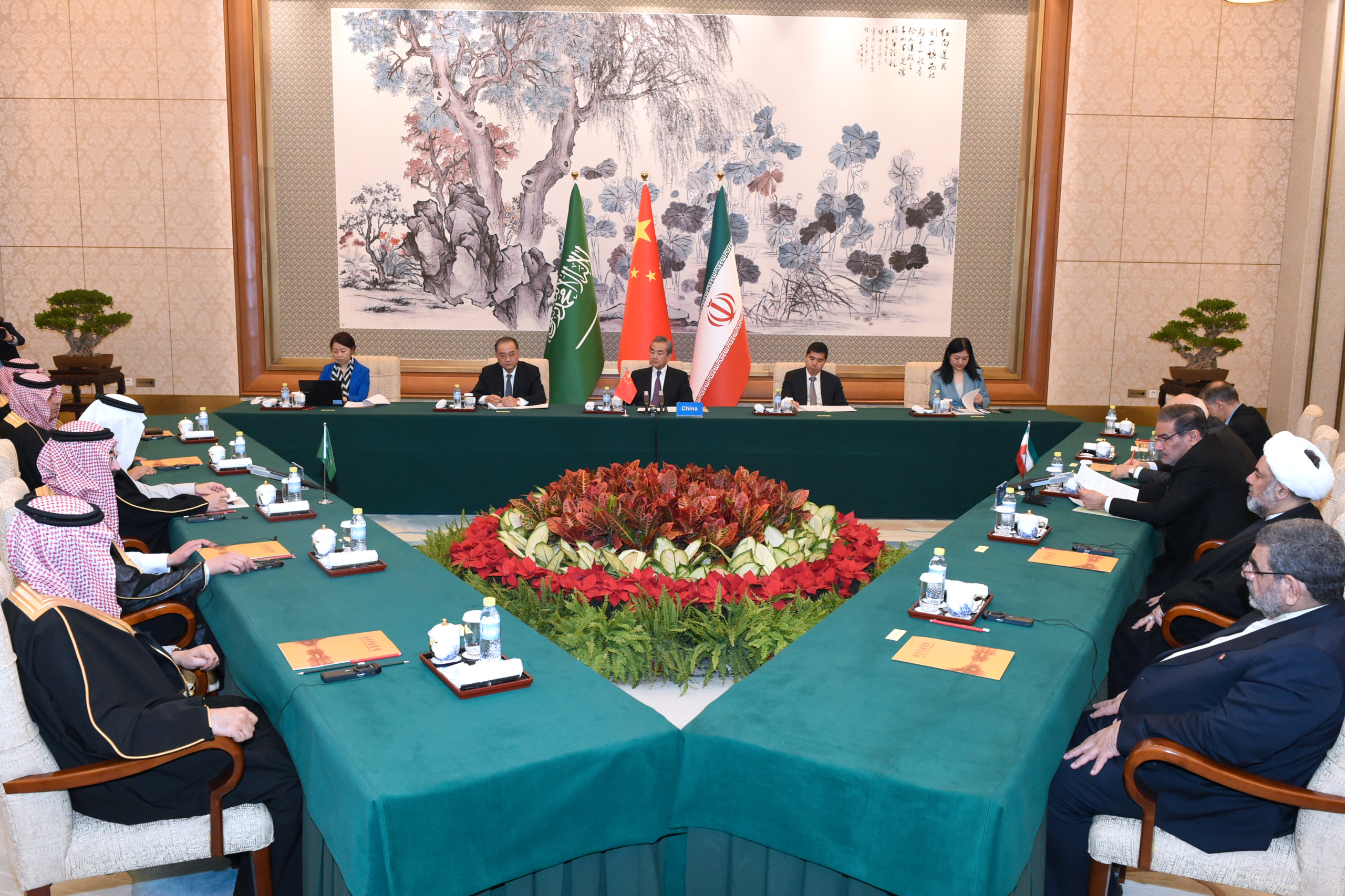The Impact Of Saudi Arab- Iran Relations In The Region

For years, the relationship between Saudi Arabia and Iran has been marked by tension, rivalry, and proxy conflicts. But recent developments suggest that a thaw in relations may be underway, with potentially significant implications for the region. The first signs of a possible rapprochement came in early April 2021, when Saudi Arabia and Iran reportedly held secret talks in Baghdad, mediated by Iraqi Prime Minister Mustafa al-Kadhimi. The talks were said to have focused on regional issues and confidence-building measures, and were the first direct talks between the two countries in over four years.
Since then, there have been further signs of a thaw. In June, Iran’s President-elect Ebrahim Raisi called for improved relations with Saudi Arabia, saying that Iran “welcomes the improvement of relations with its neighbors, including Saudi Arabia, based on mutual respect and the preservation of the interests of both countries.”In response, Saudi Arabia’s foreign minister, Prince Faisal bin Farhan, expressed openness to dialogue with Iran, stating that “We hope that Iran will seize the current opportunity and work with us to achieve peace, stability, and security in the region.”
The potential for a rapprochement between Saudi Arabia and Iran is significant for several reasons. First, it could help to reduce tensions and conflicts in the region, which have been fueled by the rivalry between the two countries. This could have a positive impact on conflicts in Yemen, Syria, and Iraq, among others. Second, it could create opportunities for economic cooperation and development in the region. Both countries are major oil producers and have large populations, which could benefit from increased trade and investment. Improved relations could also open up new avenues for tourism and cultural exchange. Third, a thaw in relations between Saudi Arabia and Iran could have implications for the wider geopolitical balance in the region. Currently, the rivalry between Saudi Arabia and Iran has played out in proxy conflicts in several countries, with each side supporting opposing factions. A reduction in tensions could lead to a shift in alliances and a reconfiguration of power dynamics in the region.
 Of course, there are also potential risks and challenges to a rapprochement between Saudi Arabia and Iran. The two countries have deeply entrenched ideological and political differences, and there are hardliners on both sides who may resist any attempts at reconciliation. Moreover, there are other regional and international actors who may seek to undermine any progress towards improved relations.
Of course, there are also potential risks and challenges to a rapprochement between Saudi Arabia and Iran. The two countries have deeply entrenched ideological and political differences, and there are hardliners on both sides who may resist any attempts at reconciliation. Moreover, there are other regional and international actors who may seek to undermine any progress towards improved relations.
An unexpected occurrence that occurred earlier this month may change the Middle East’s security environment. After seven years of acrimonious conflict and a diplomatic lull, long-standing regional rivals Saudi Arabia and Iran decided to mend bilateral ties. Beijing served as a mediator for the accord, which was signed there.
The two nations vowed to respect “states’ sovereignty” and “non-interference in their internal affairs” in the joint trilateral statement. They also decided to renew their 1998 general cooperation agreement, which covers commerce, the economy, and investment, as well as their security cooperation deal from 2001. The breakthrough came after many days of negotiations in China, which were preceded by two significant high-level visits: Chinese President Xi Jinping’s travel to Saudi Arabia in December 2022 and Iranian President Ebrahim Raisi’s trip to Beijing in February 2023. These summit-level discussions and regional Saudi-Iranian interactions created the foundation for the March 10 deal. If the thaw between Saudi Arabia and Iran continues, it could change the course of the entire region. It might pave the path for a more stable and peaceful Middle East because of its broad ramifications for the region and beyond.
By mediating, China has really achieved a significant diplomatic success. It has proven that it is gaining power on a global scale and has solidified its position as a key actor in the Middle East. Unlike the US, China has solid relations with both and is the two nations’ largest economic partner, making it an ideal mediator. China buys 40% of its oil from the region, highlighting its stakes in the area.